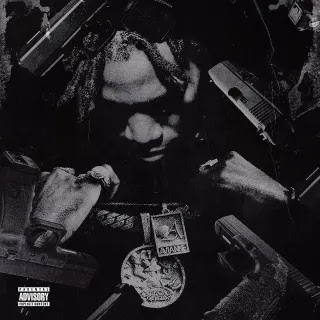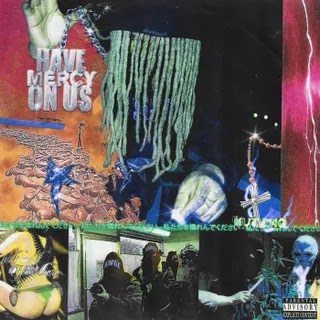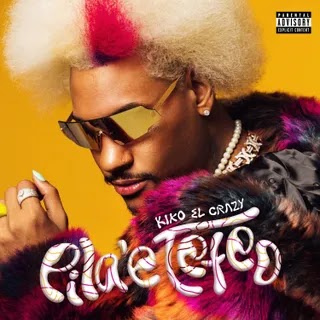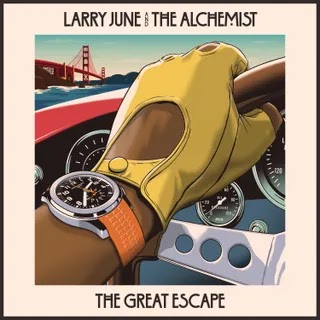Through blunt lyricism and melodic delivery, the veteran rapper’s first album for Yo Gotti’s CMG label opens up about trauma and mental health.
After years as one of rap’s most prolific workhorses, Sacramento’s Mozzy has entered a new era. Now aligned with Yo Gotti’s label CMG—rebranded from Cocaine Music Group to the more presentable Collective Music Group—he joins a roster of young and hungry talent that extends far beyond California. While his sing-song West Coast delivery might sound laid back compared to the drawl of Moneybagg Yo or the pure grit of EST Gee, Mozzy shares a penchant for blunt lyricism and vulnerability with Gotti’s proteges.
Survivor’s Guilt, Mozzy’s latest solo effort and first for CMG, wears the heavy baggage implied by its title like a badge of honor, as Mozzy opens up about hearts broken, wounds unhealed, and time served. As a now 35-year-old who started spitting at age 16, Mozzy is a certified veteran when it comes to spinning stories and baring his soul. He never needs to raise his voice or act out just to grab your attention; his delivery is assured and consistent but never overconfident. But despite how second nature rapping is for Mozzy, he never lets that confidence tilt into arrogance. On Survivor’s Guilt, he makes a point of acknowledging how pride has often been a stumbling block in working on his mental health.
From the opening bars of “Not the Same,” there’s a lurking sadness underneath, but it’s more clear-eyed than dejected or defeated. Rather than hiding his scars from the world, Mozzy accepts them as an inextricable part of his skin and his story. On “Real Ones,” Roddy Rich sings his bleeding heart out: “Lost a lot of real ones/Never shed tears.” In lieu of crying or talking it out, rapping is the means by which Mozzy exorcizes his demons.
The delivery on Survivor’s Guilt is frequently melodic and the production ornate, but Mozzy’s music is never quite pop, working more with tightly-packed verses and emotional storytelling than with hooks. Graceful retro touches, like the chorus of vocoders on “Wouldn’t Be Us,” give his music a classic tenor without resorting to a deliberately throwback style; soothing vocals from Blxst emphasize the traces of R&B bubbling underneath Mozzy’s lightly sung raps. Spanish guitar, glistening piano, and mournful strings fill out a luxurious sound that balances out the despair and struggle in Mozzy’s lyrics. Despite the regional differences, it’s not unfair to compare Mozzy’s melodic delivery to the hybrid singing flows of Houston rap, given his extensive work with gravelly-voiced Texan legend Trae the Truth.
Part of why Mozzy has been able to remain so blisteringly prolific is his effectiveness as a collaborator—a substantial portion of his discography are joint projects, and mixtapes with the likes of Gunplay and YG contain some of his best work. Mozzy proves an effective tag team partner with EST Gee on “Lurkin’” and 42 Dugg on “Smoke Nuffin’”, his years of experience and confident flow weaving effortlessly with the forcefulness of his younger labelmates. Collaboration allows Mozzy to slide into a more uptempo and hook-oriented register than his solo introspections, like the club-ready “In My Face,” which recruits 2 Chainz, YG, and Saweetie for a sweet slice of hyphy.
But it’s when Mozzy speaks on his own that his music is most distinct and direct—searing monologues like “Ain’t Really Real” draw the listener close as in confessional. On “Open Arms,” Mozzy shares an aching story of growing apart from a childhood friend, only to reunite years later in the prison yard. After a lifetime of holding back tears, he lets it all out in a vulnerable flood, an ocean of regrets and trauma that threatens to drown him. The first step in processing any kind of emotional pain is acceptance, and Survivor’s Guilt is an album-length exercise in recognizing and acknowledging the wounds Mozzy has been too scared to heal.
















0 comments:
Post a Comment